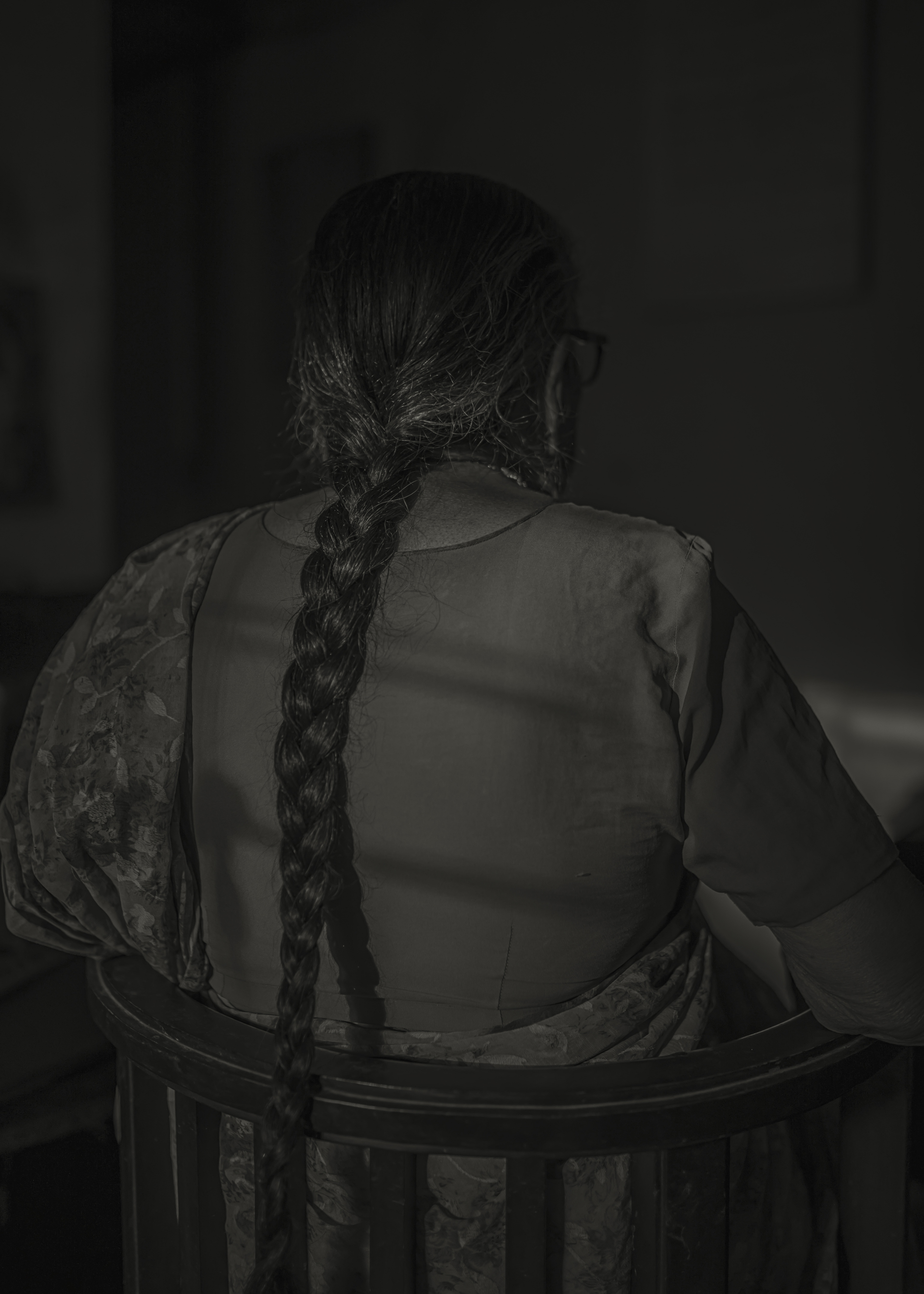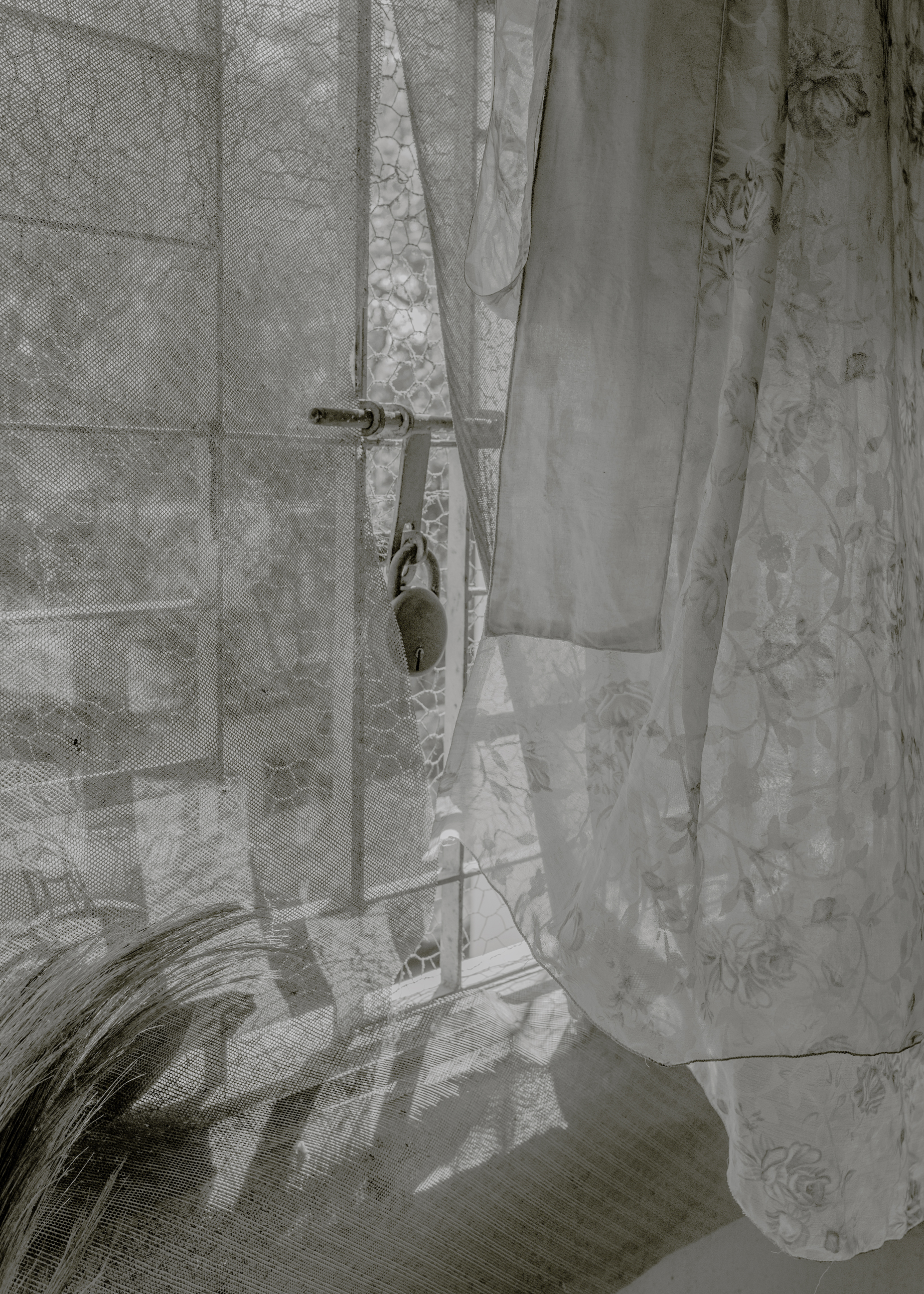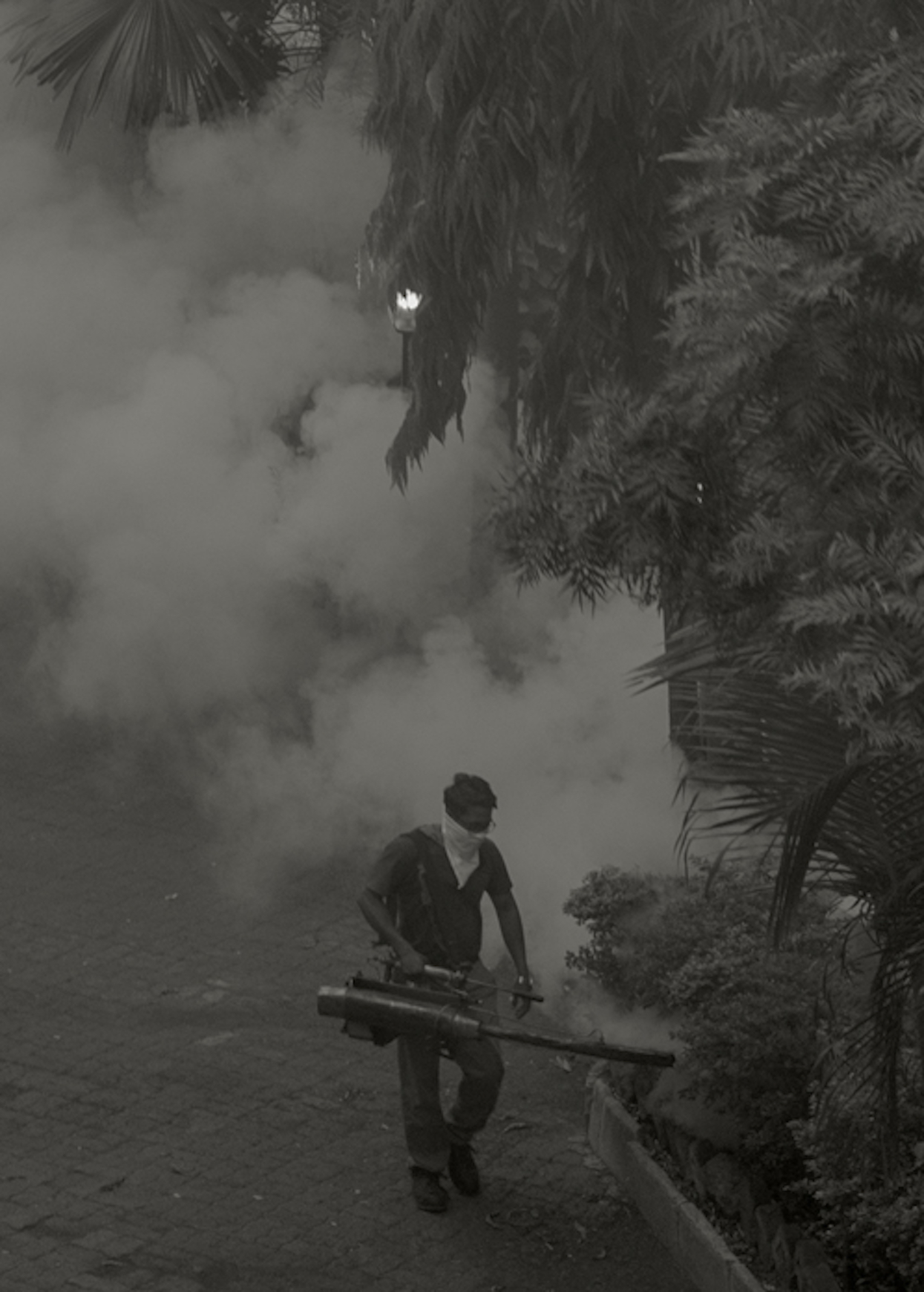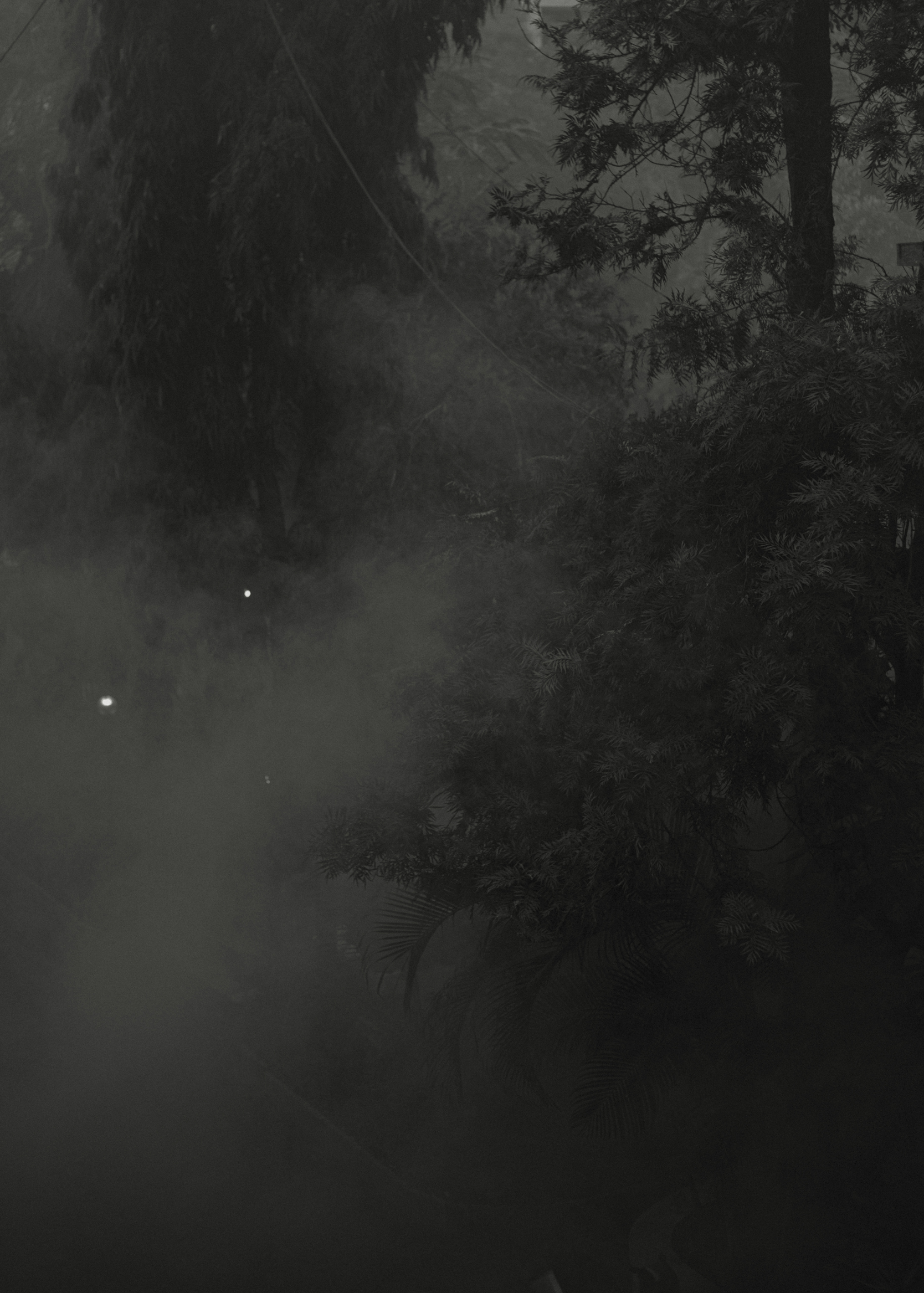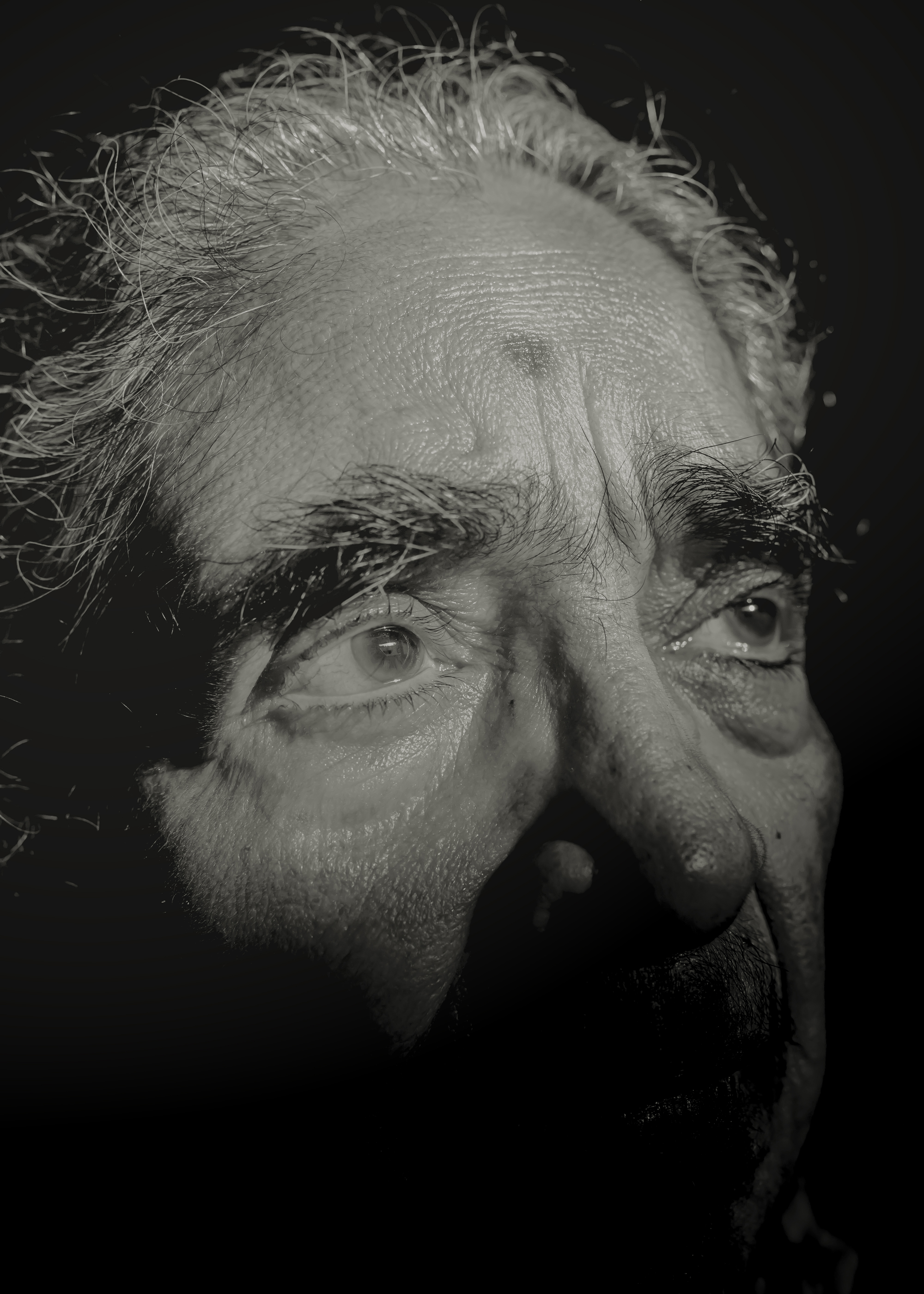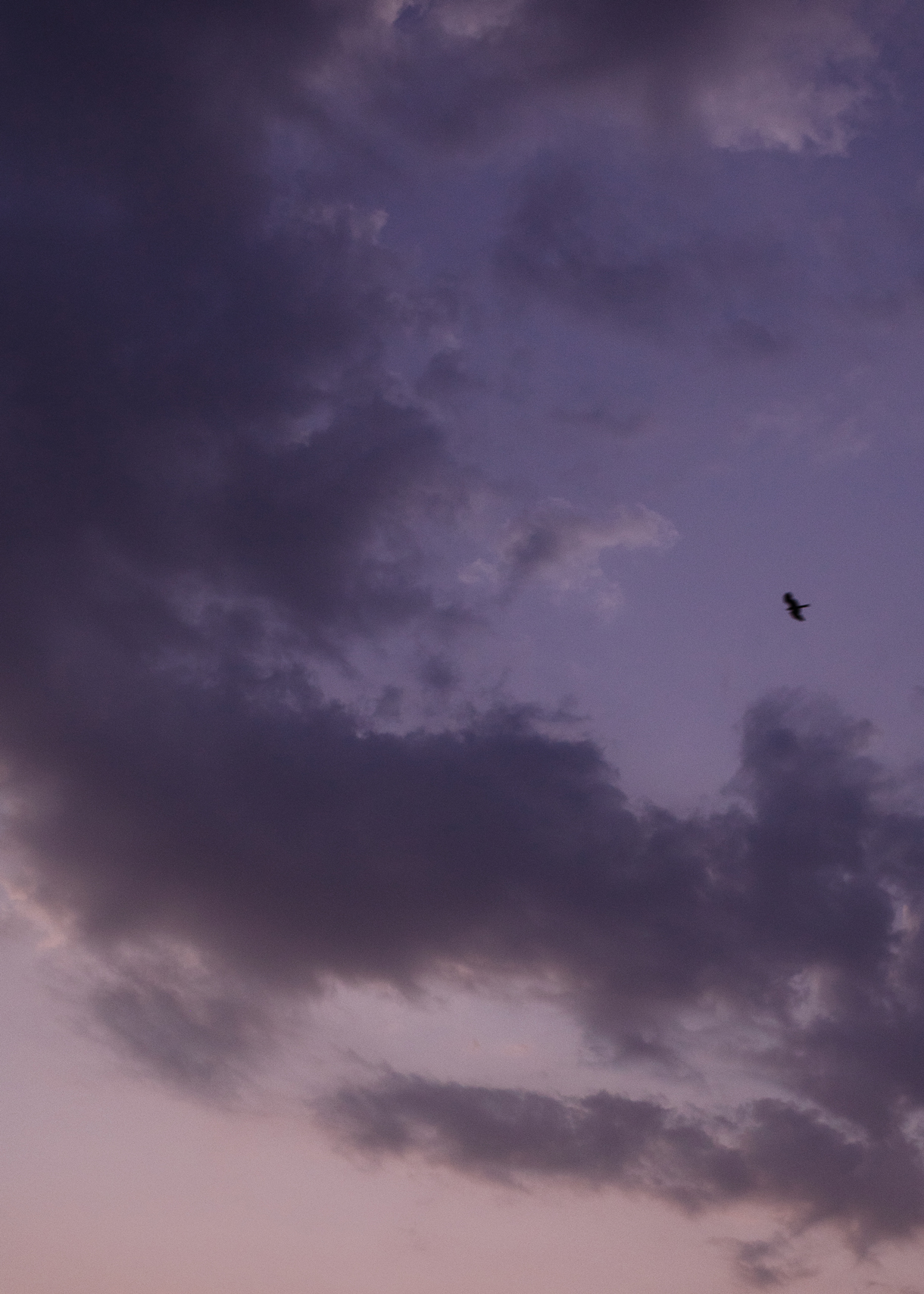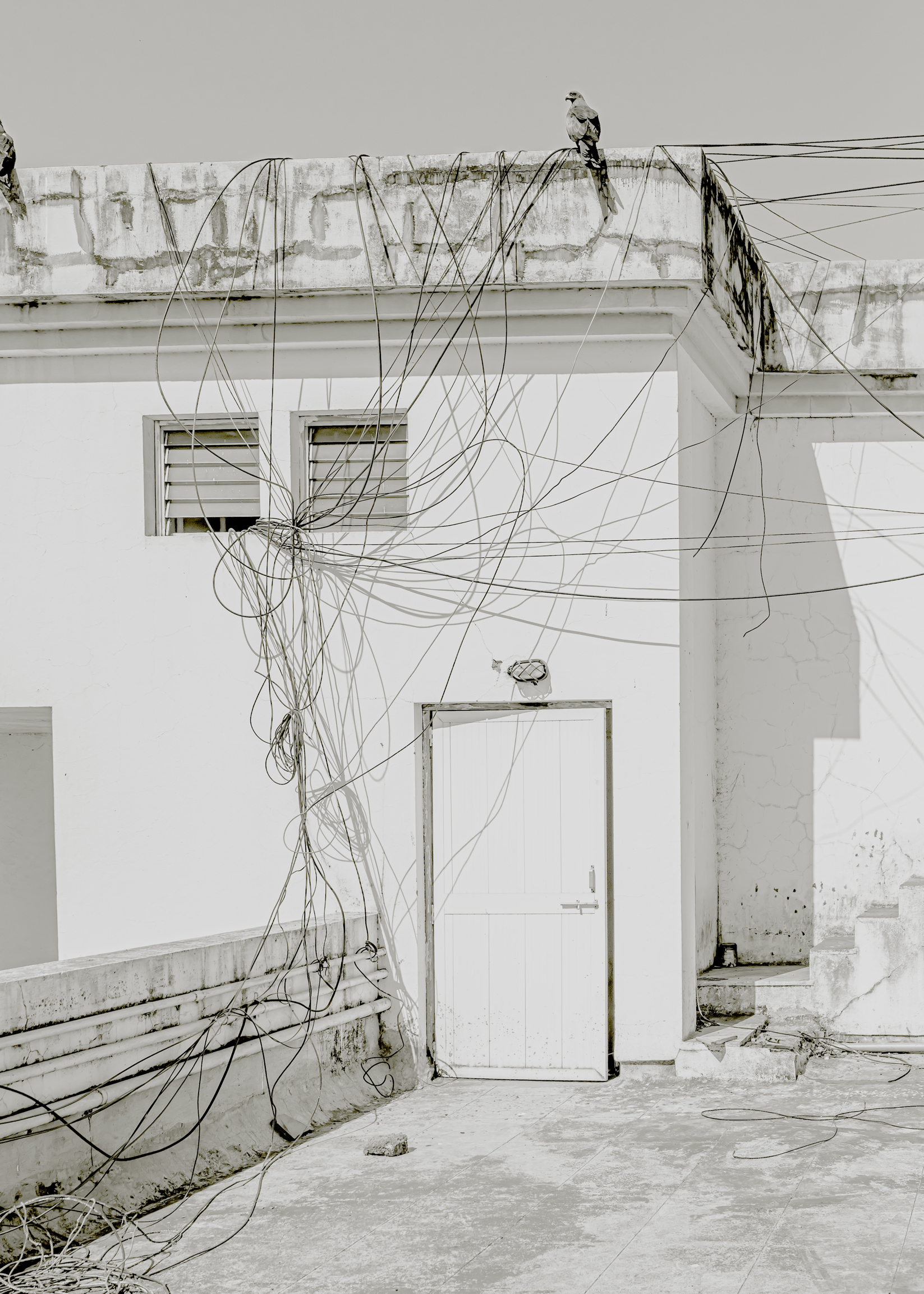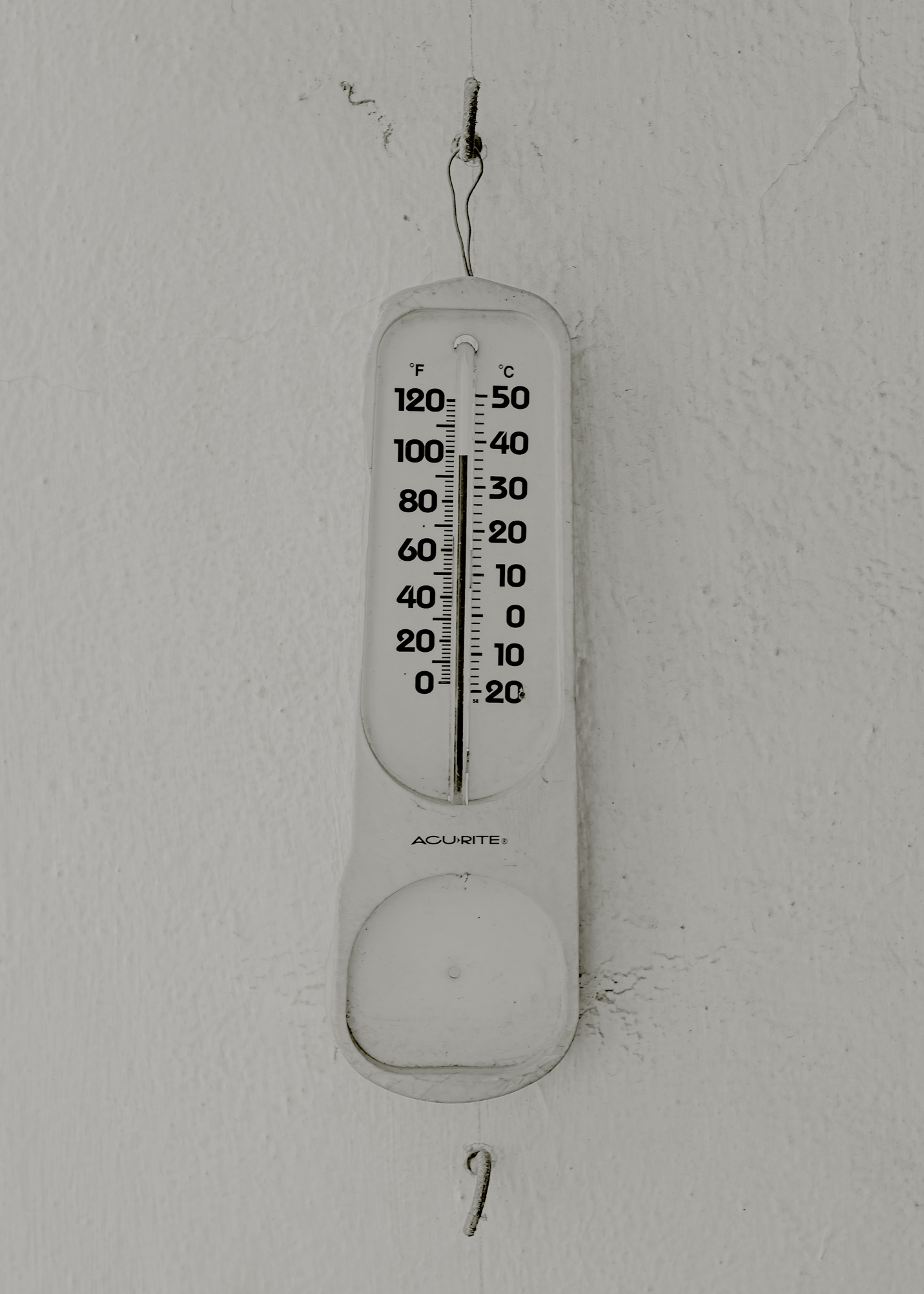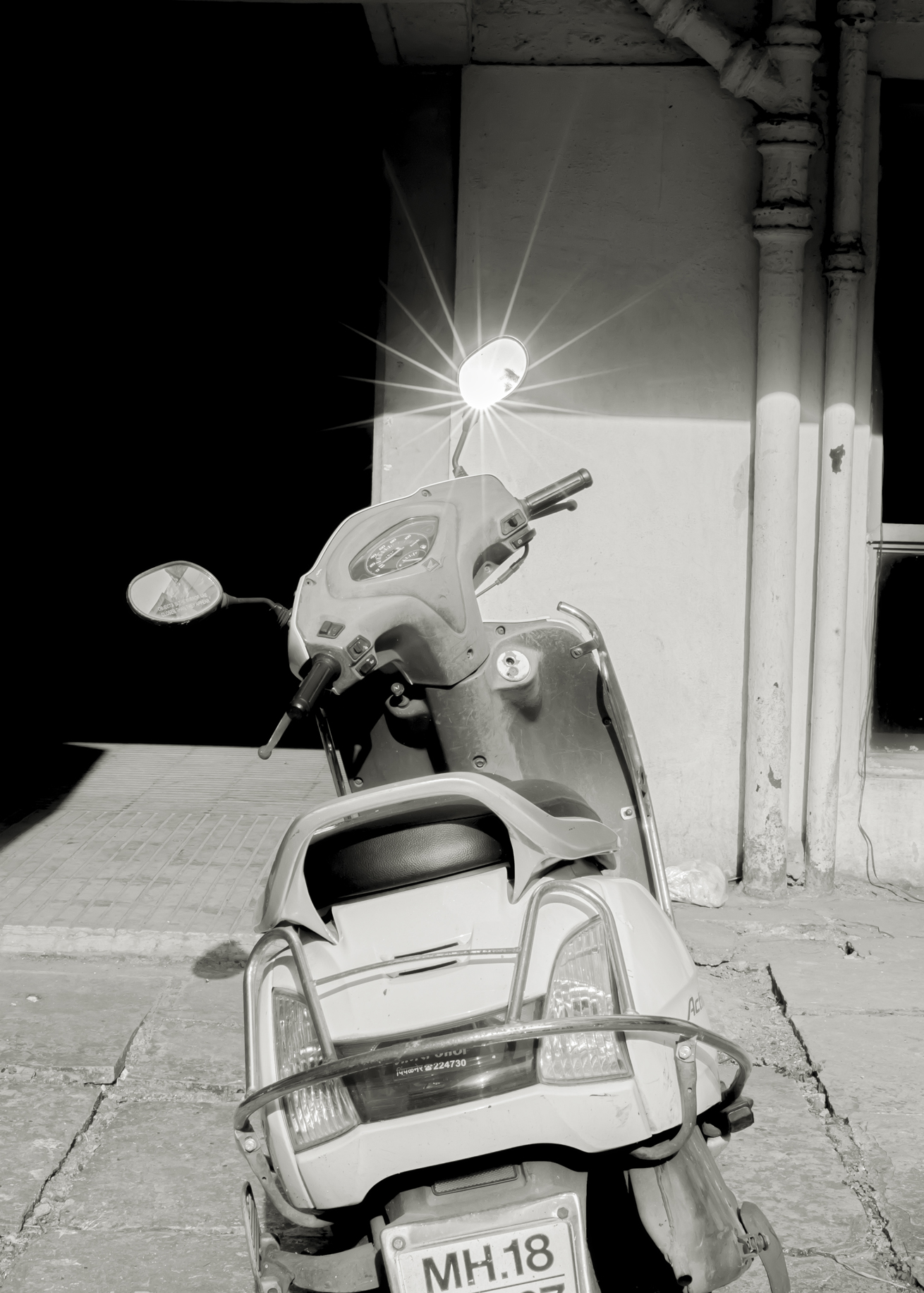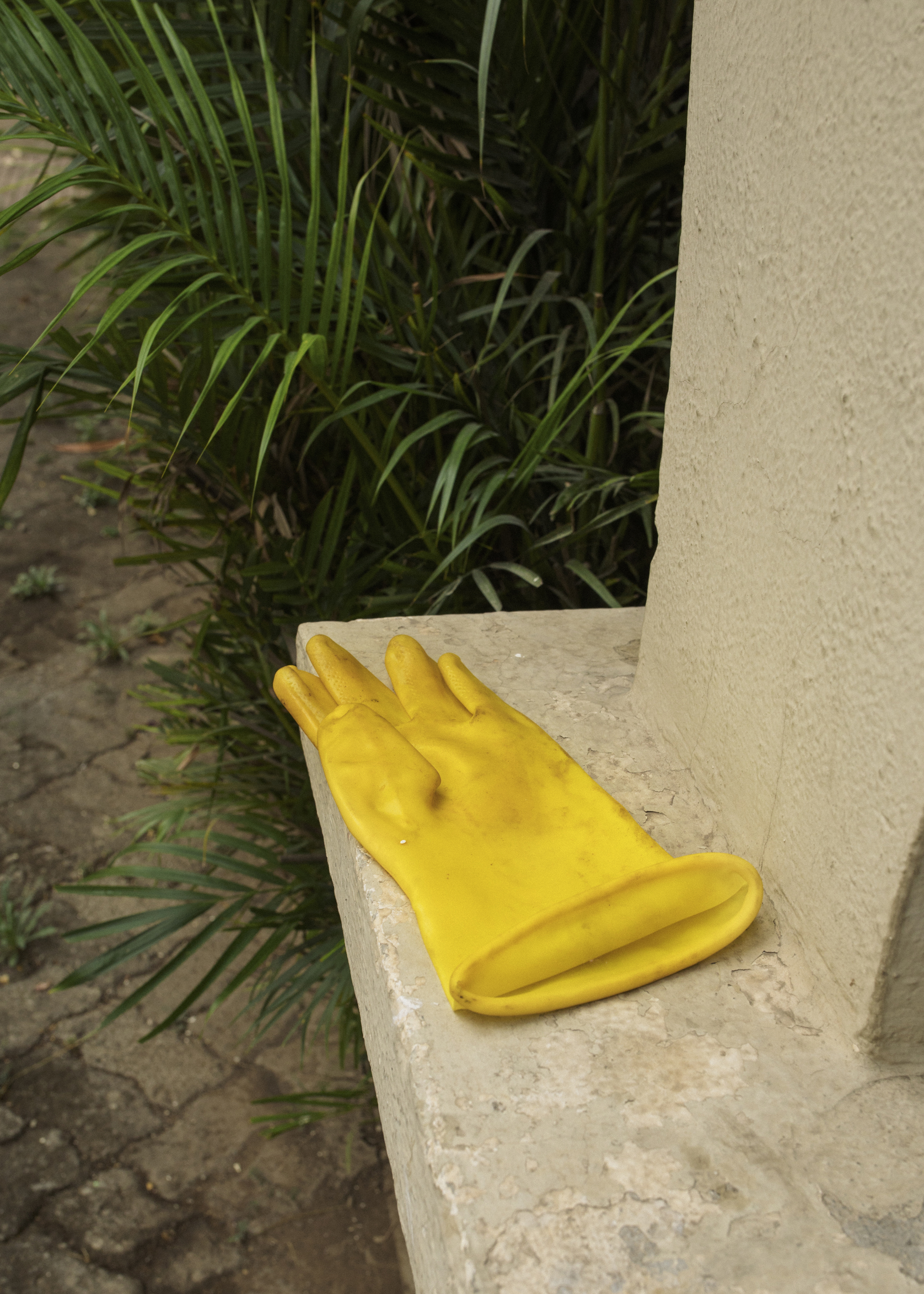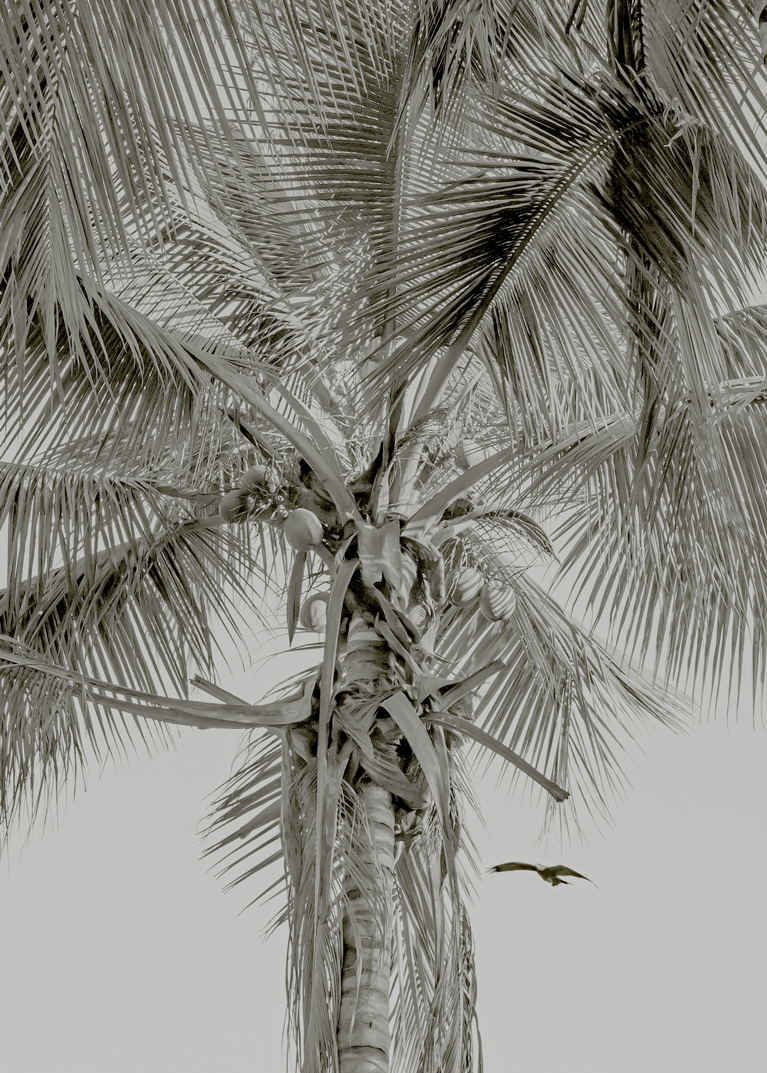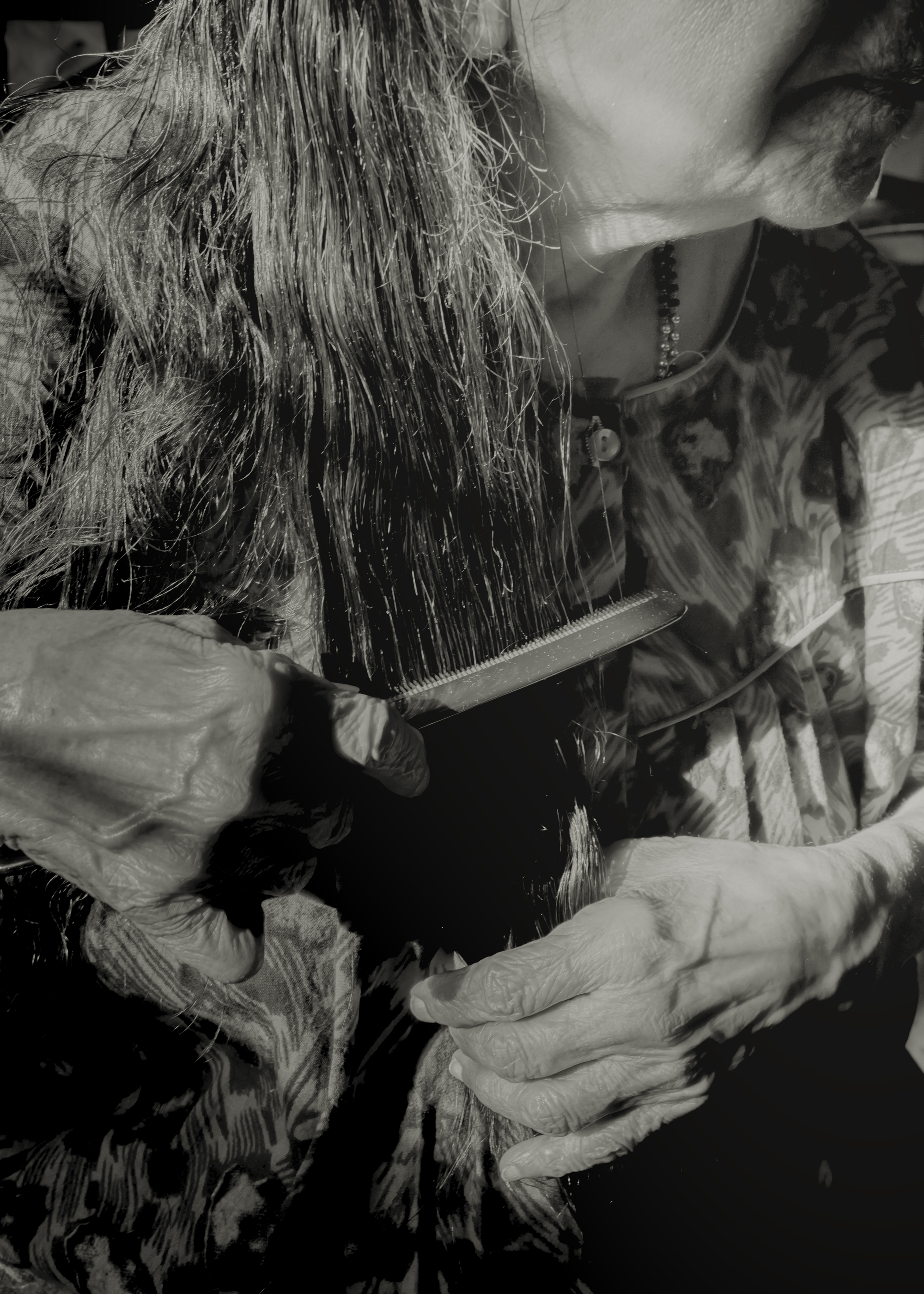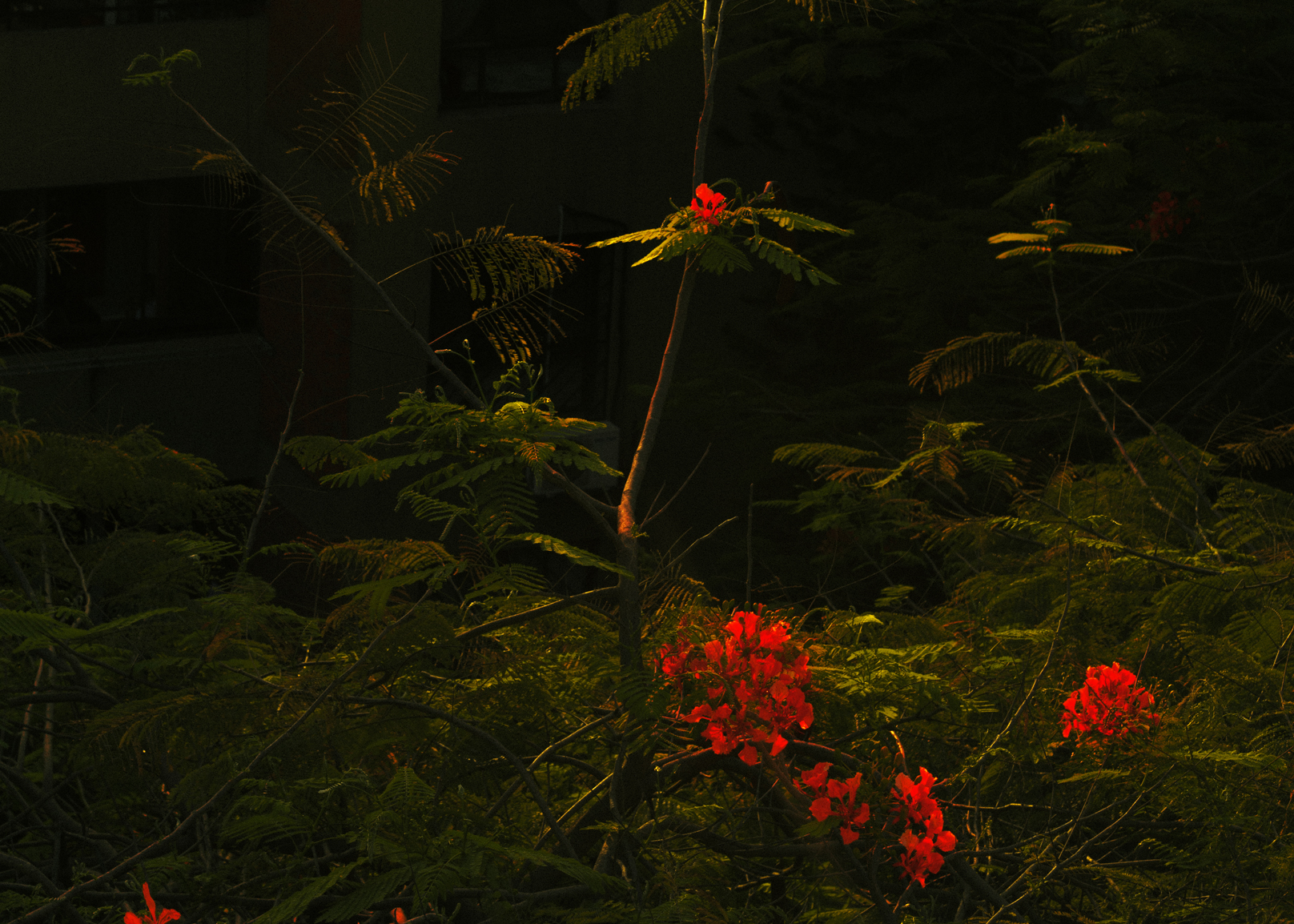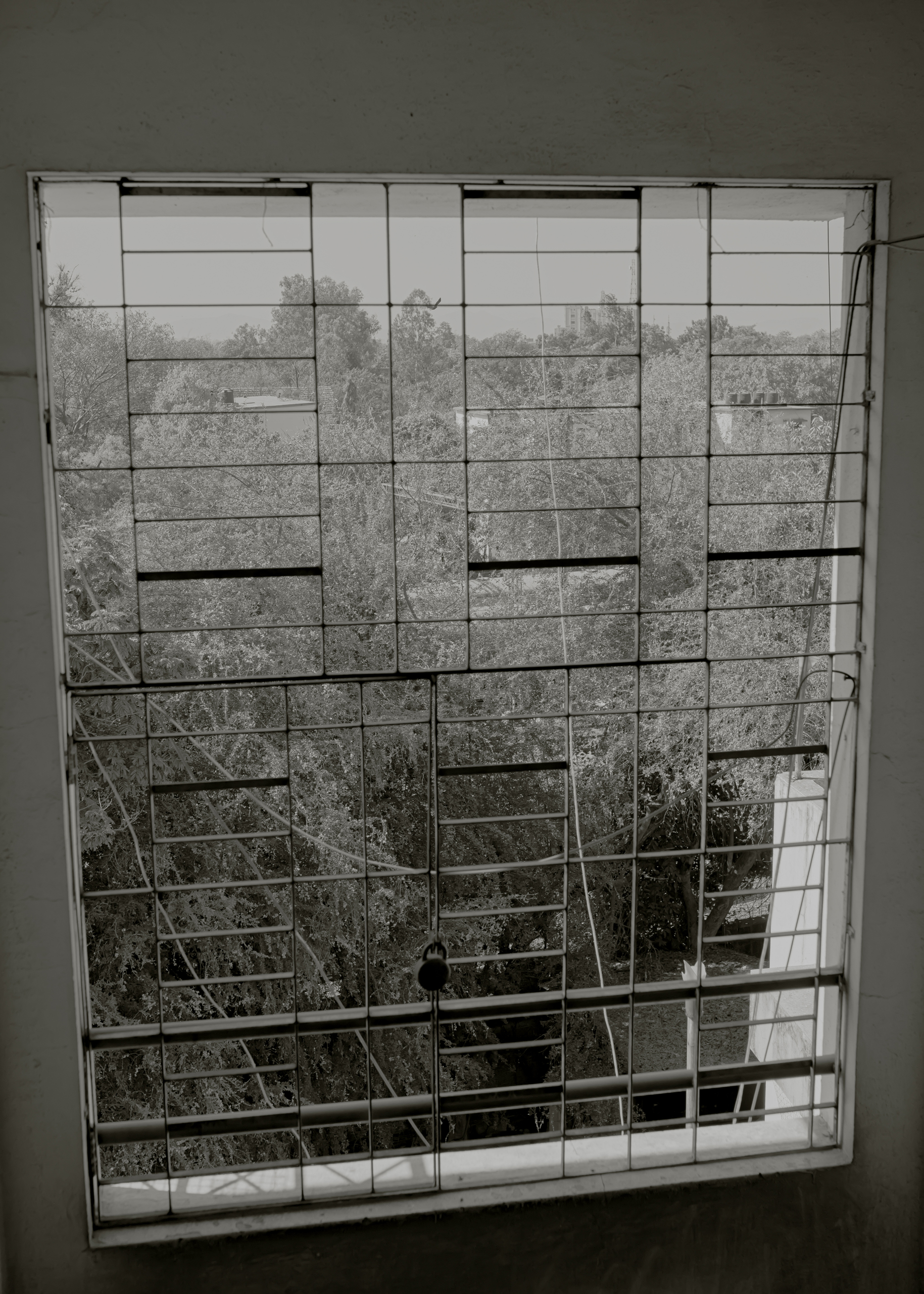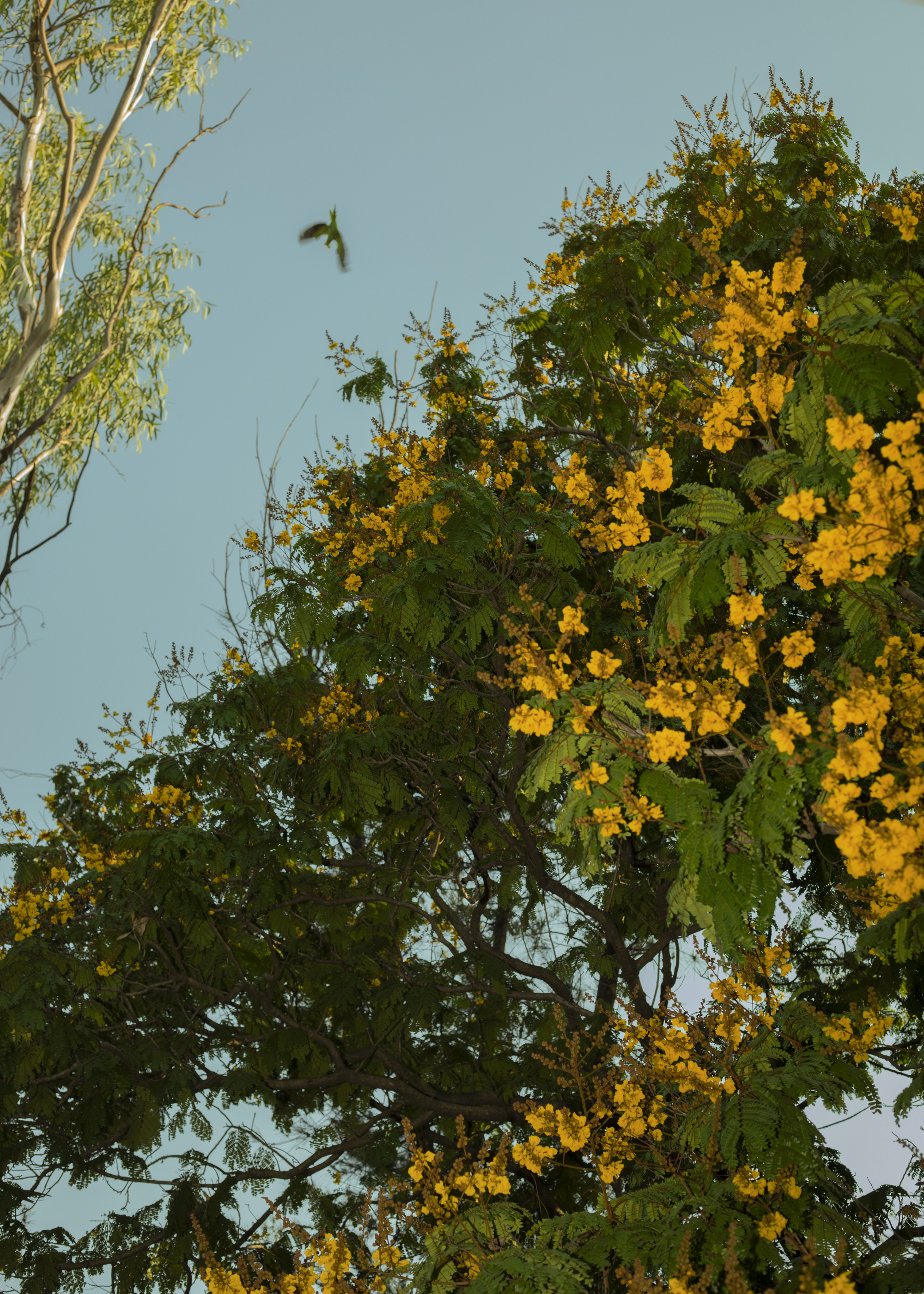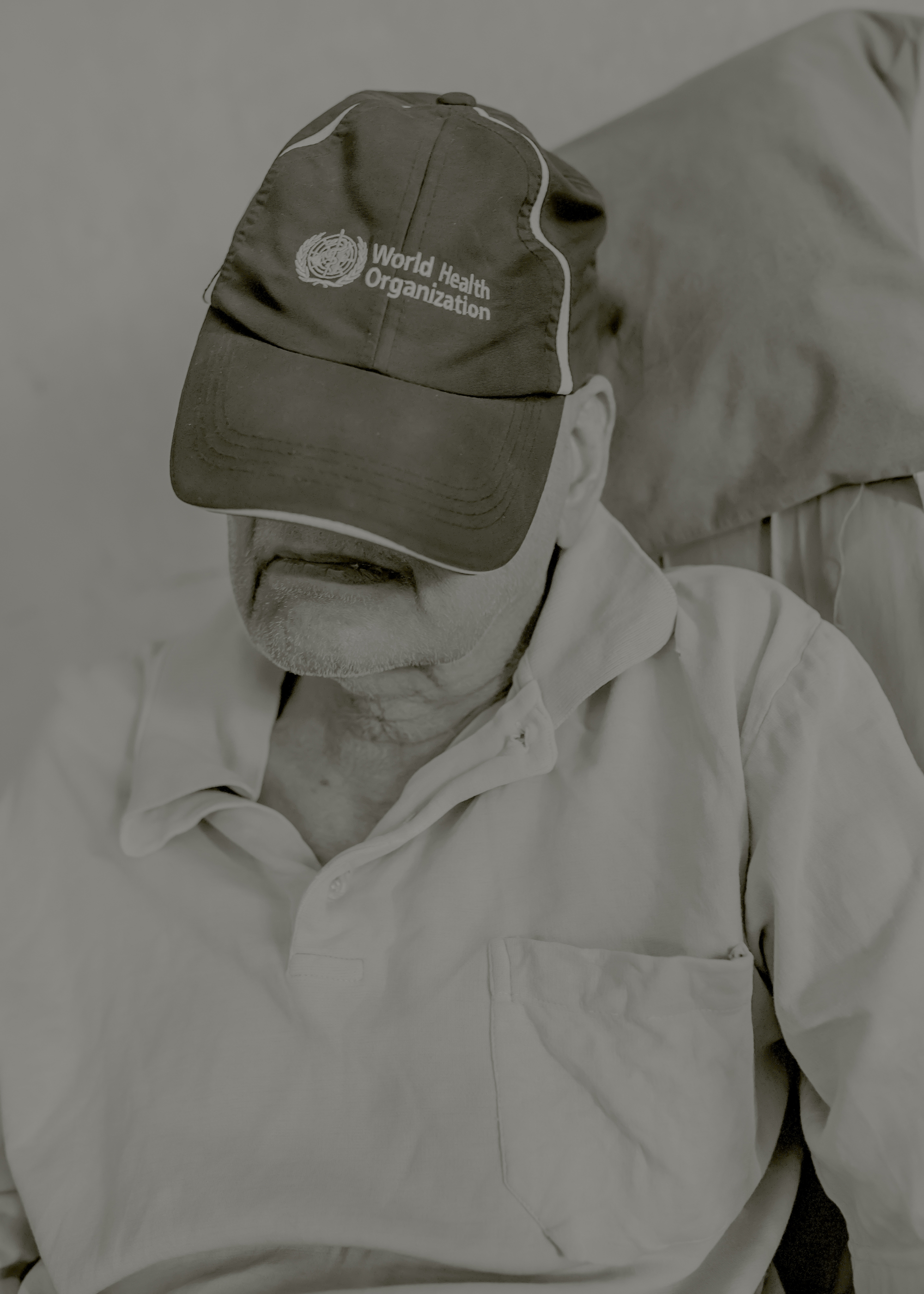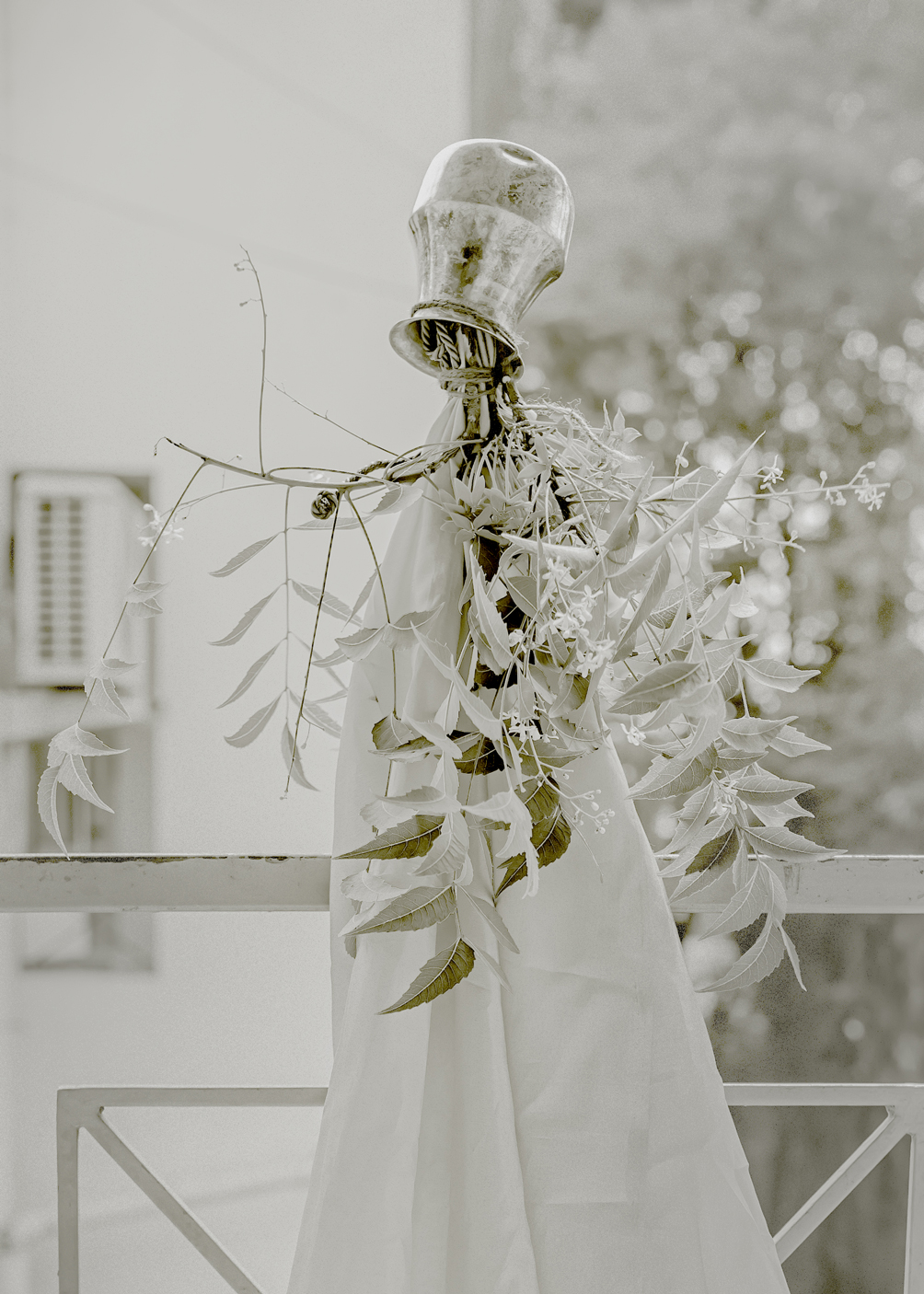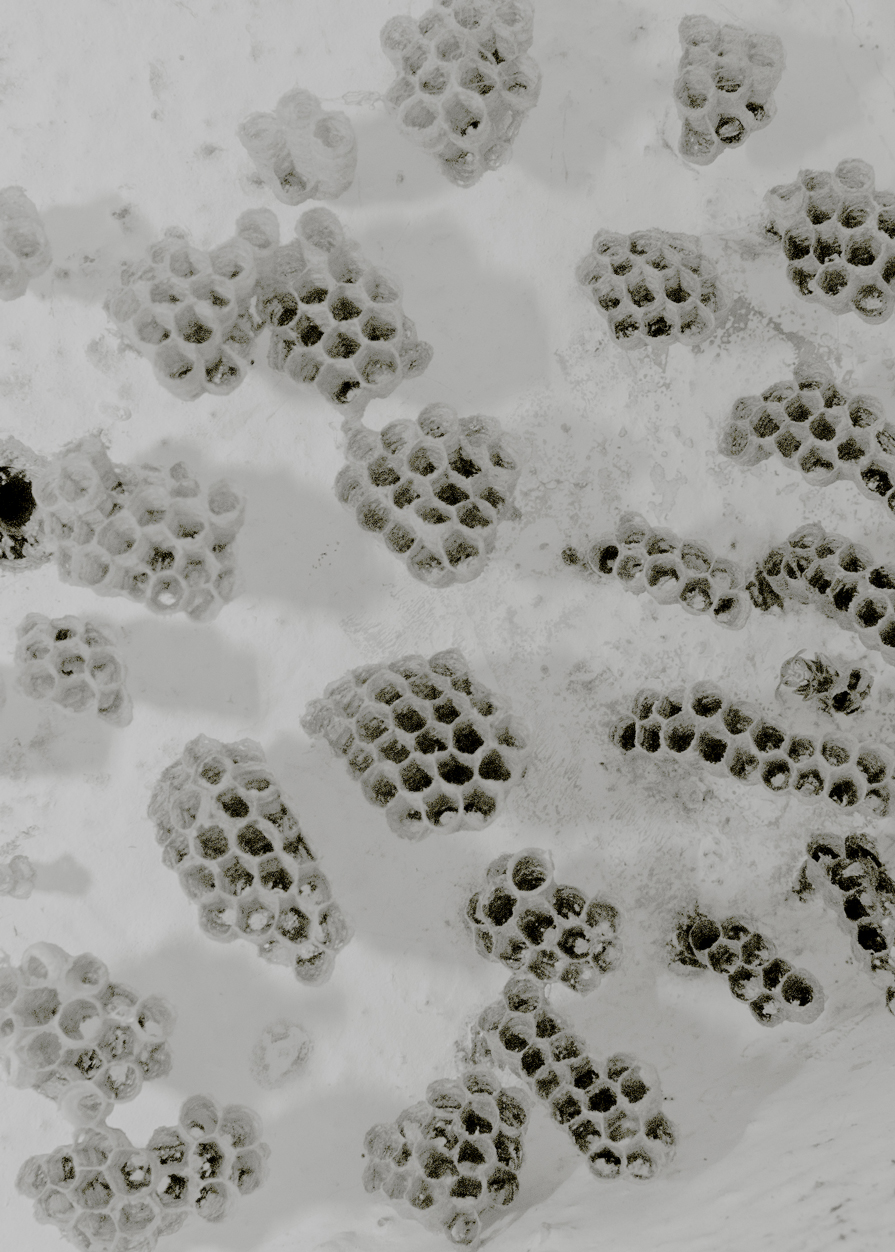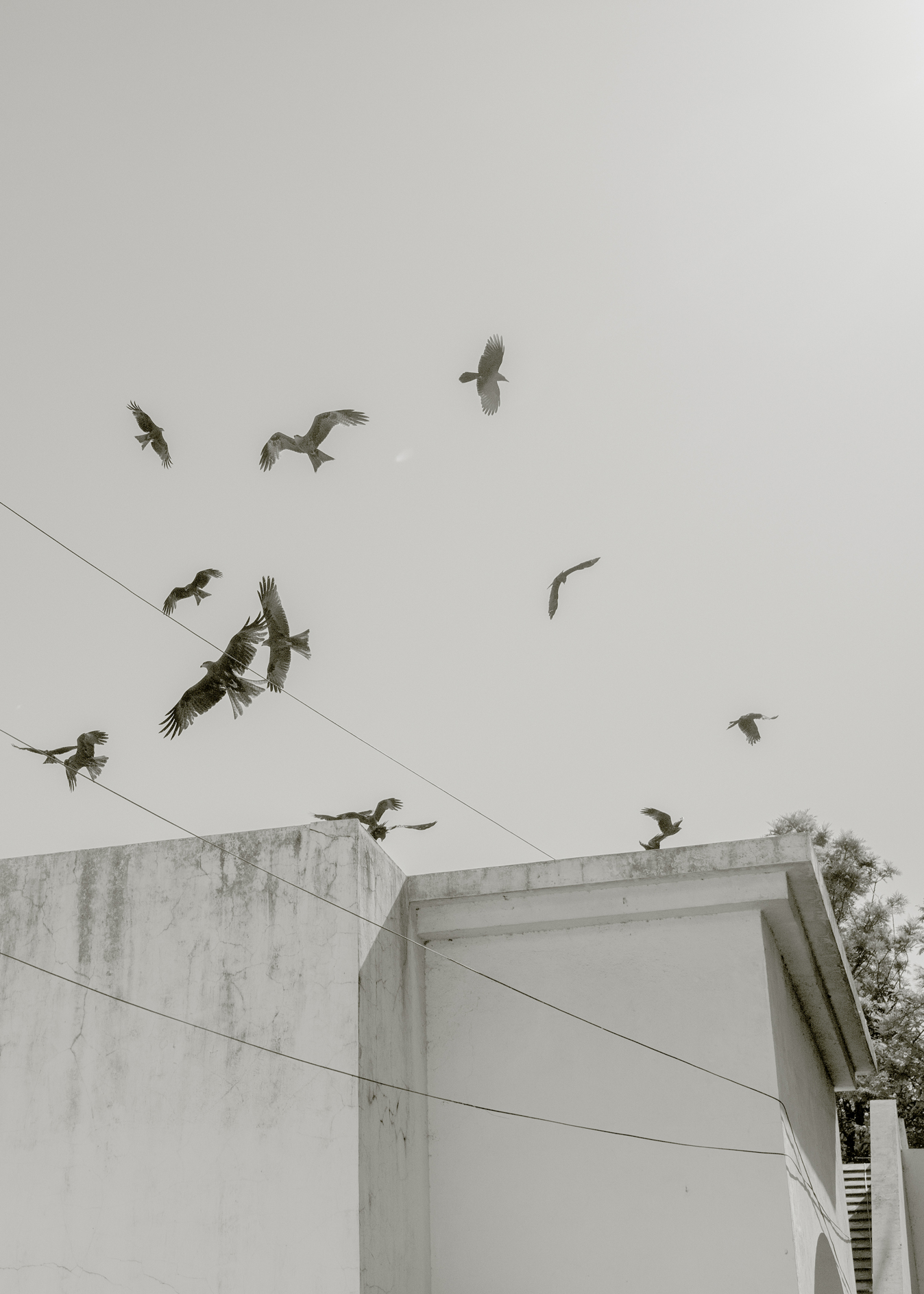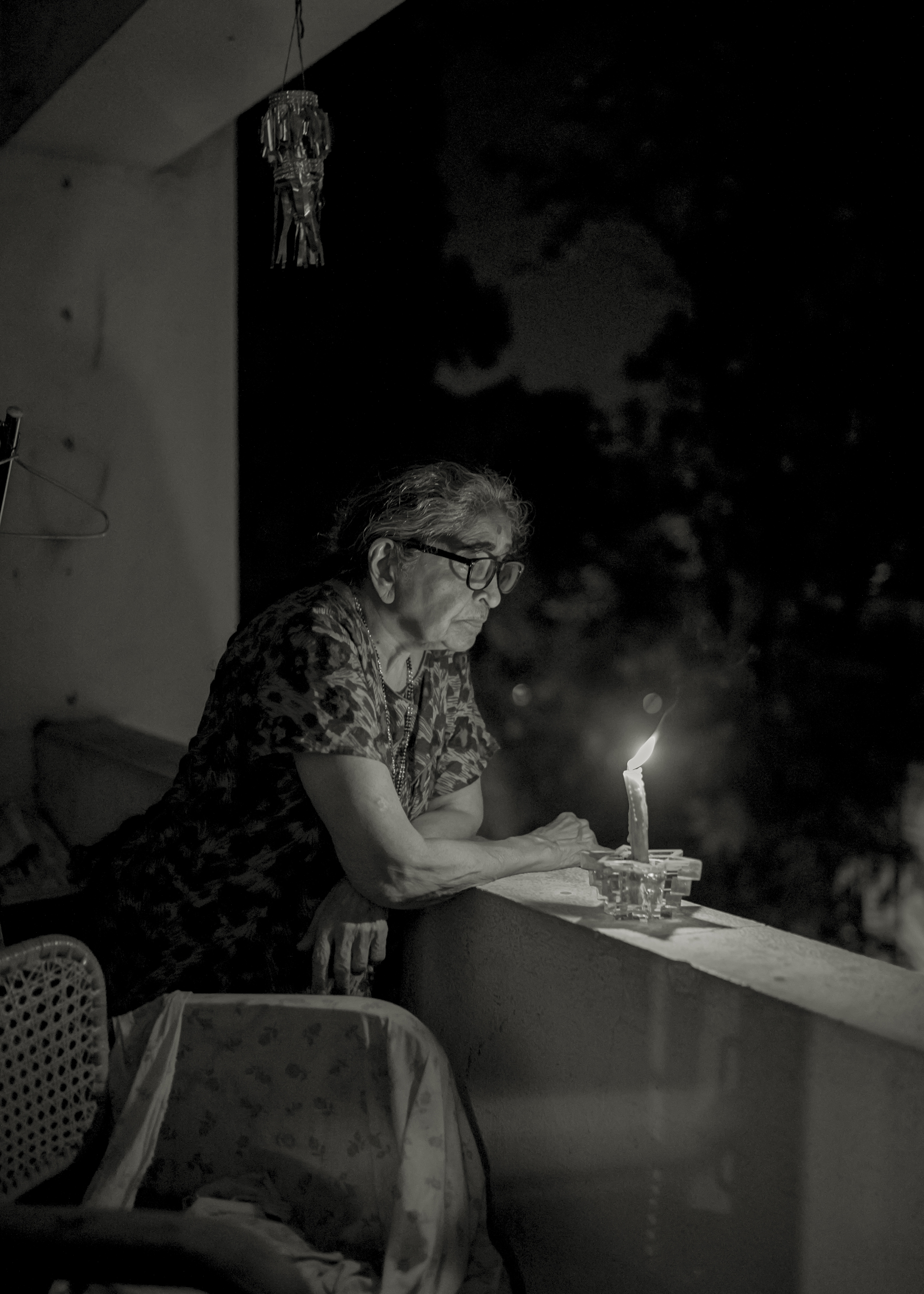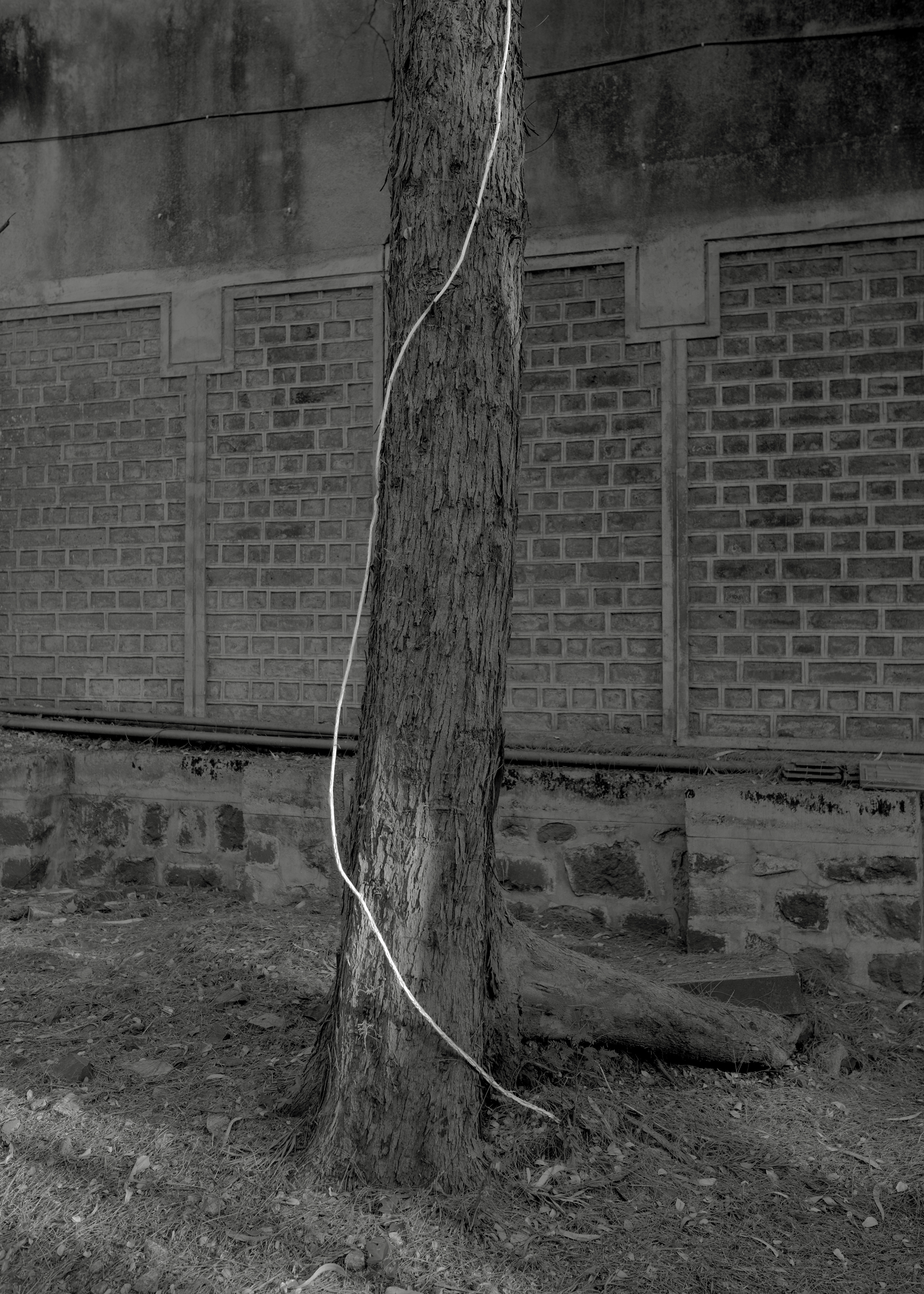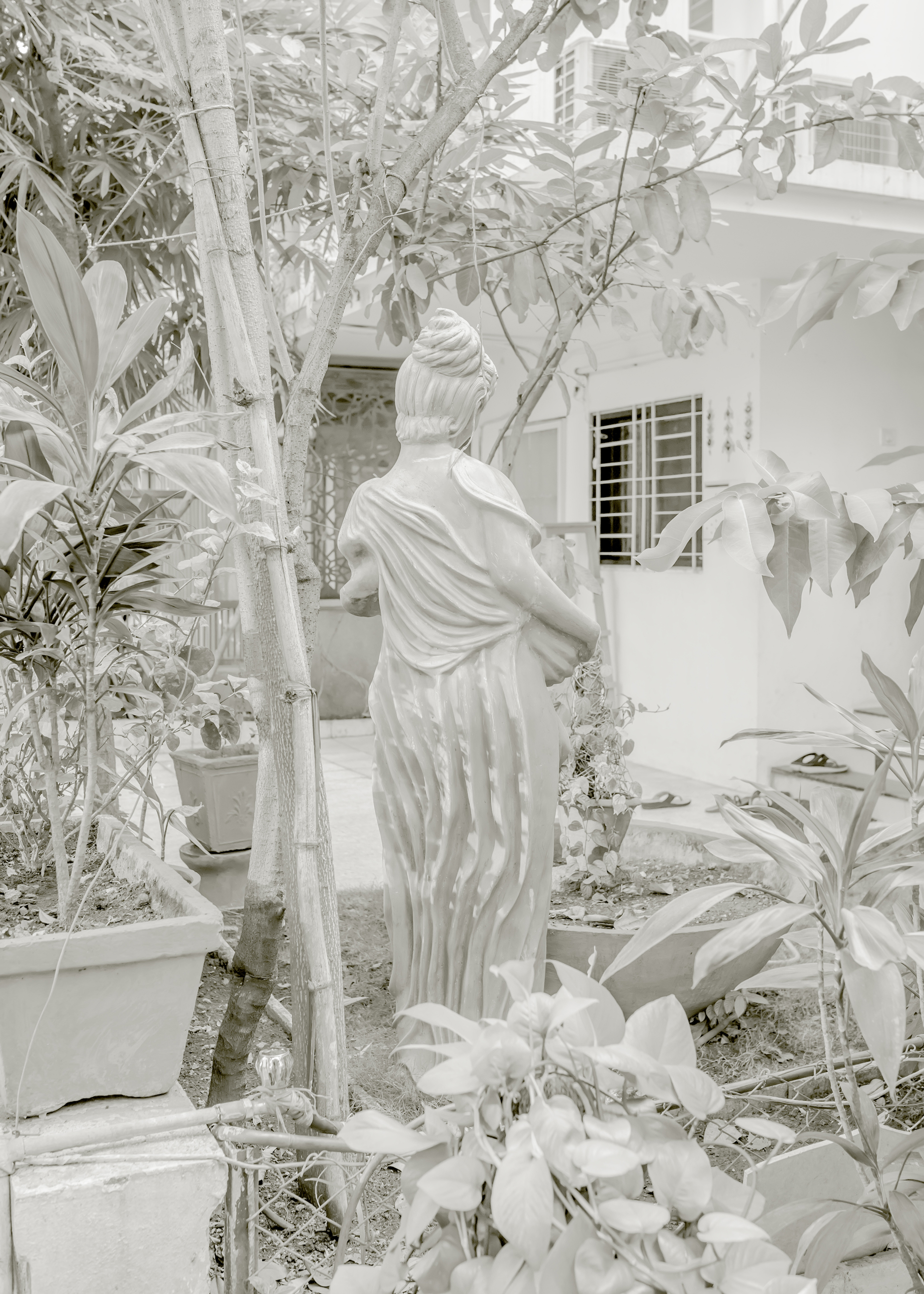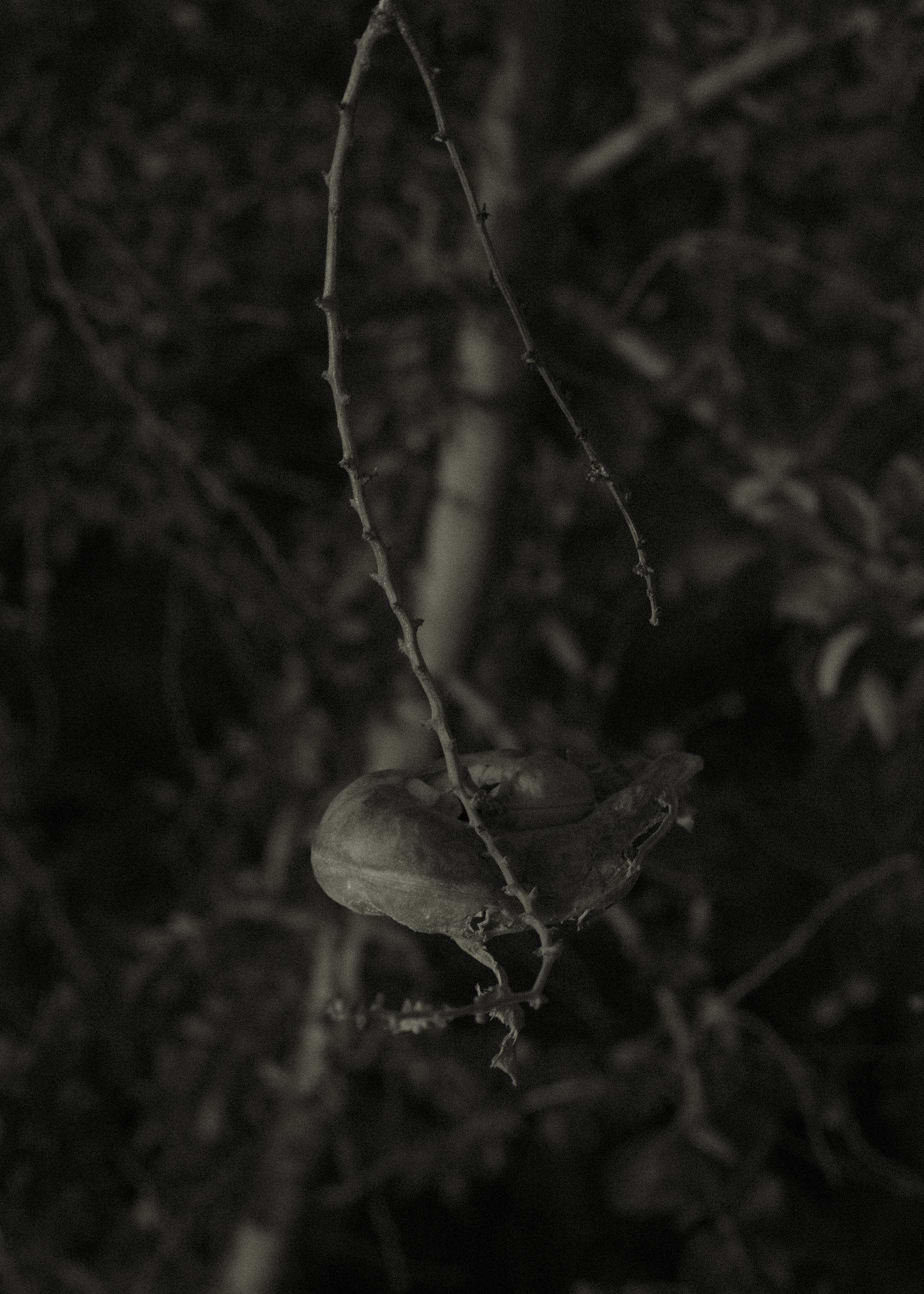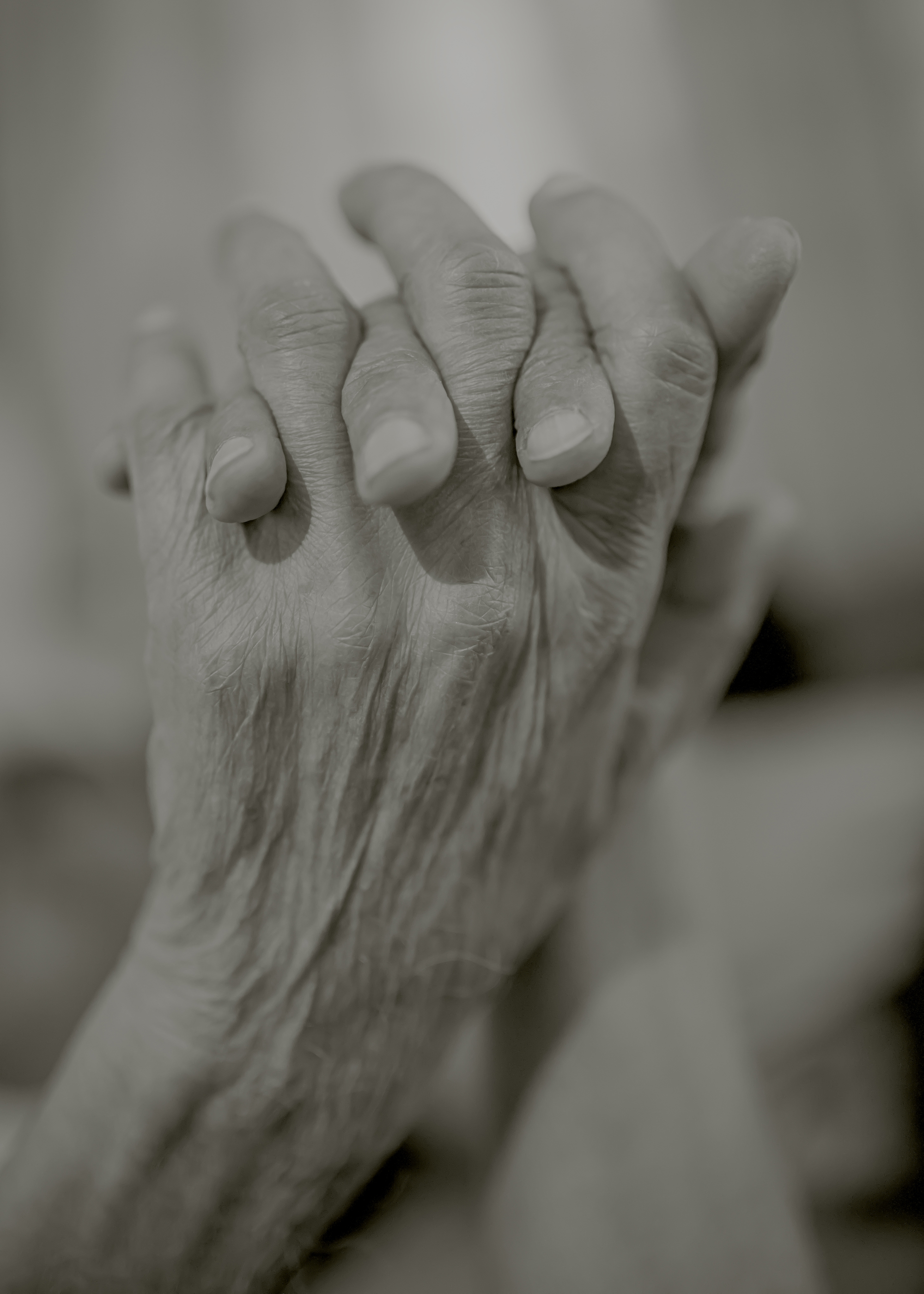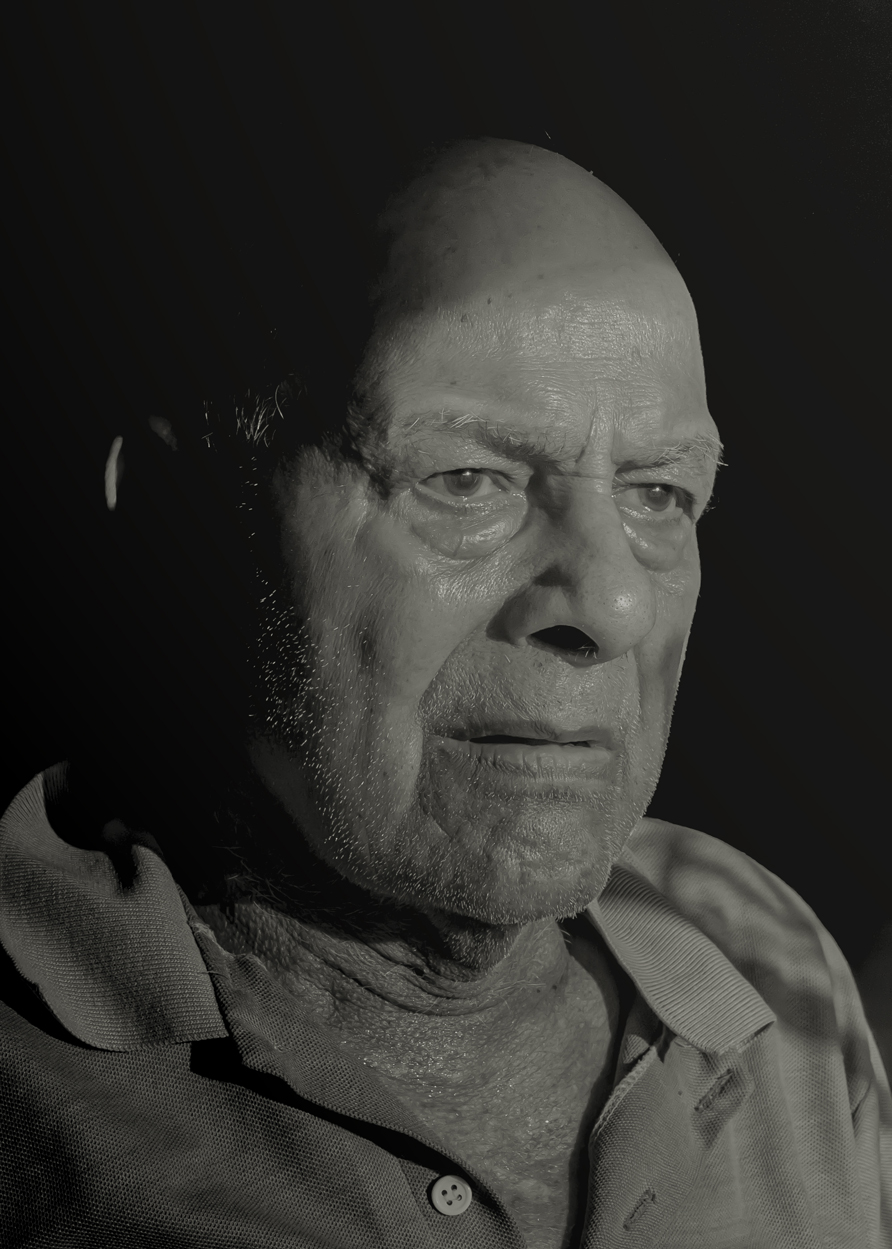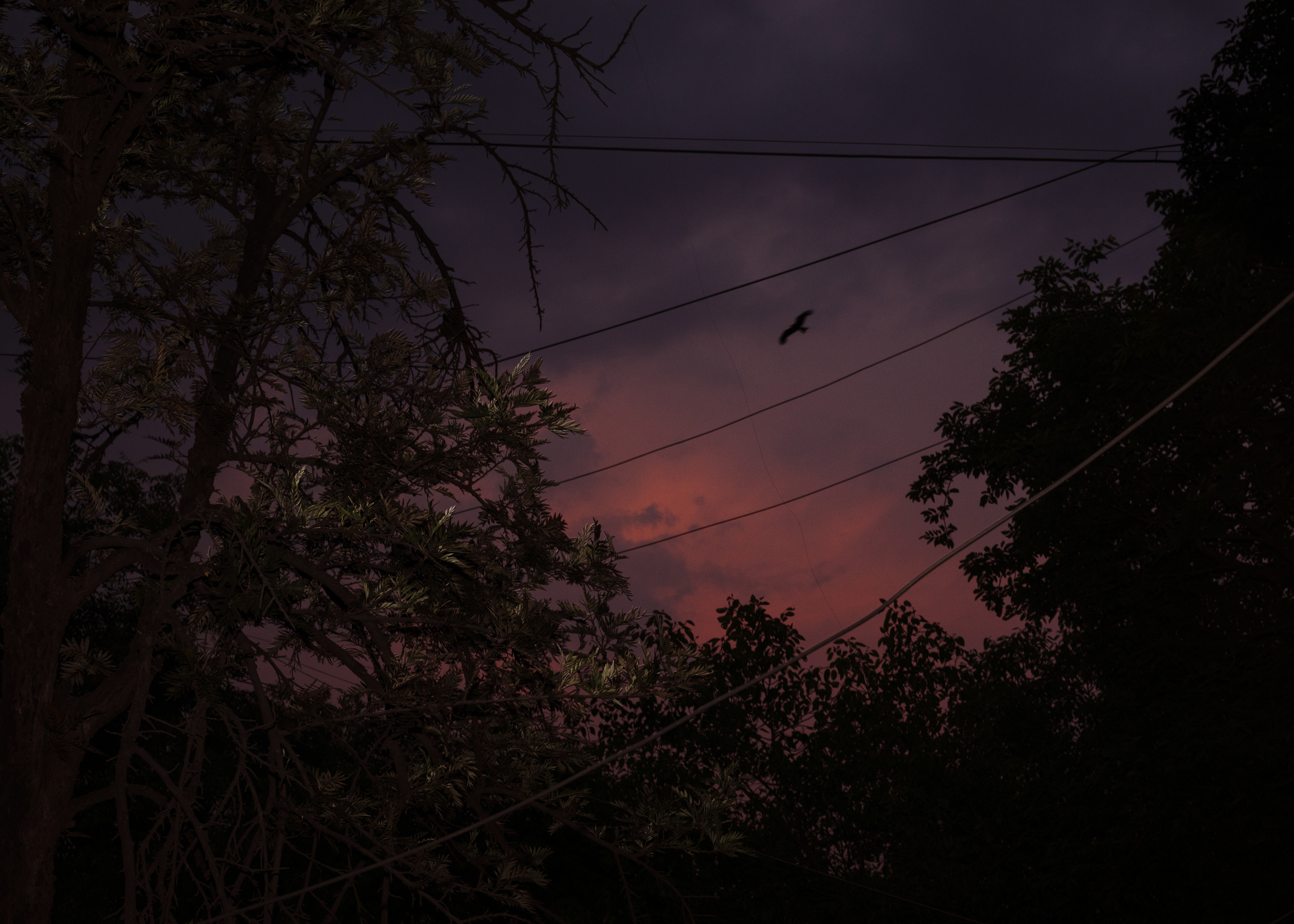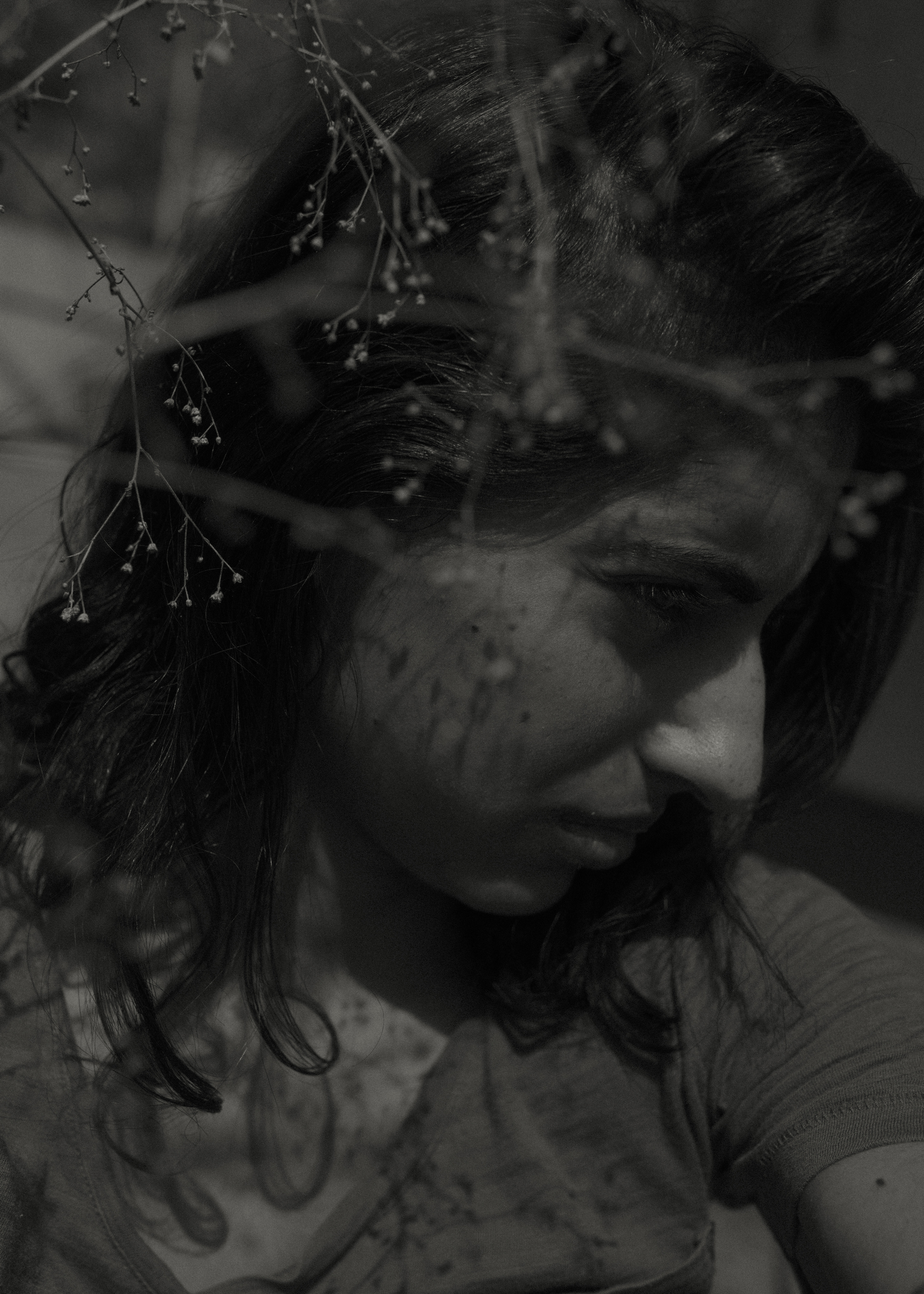
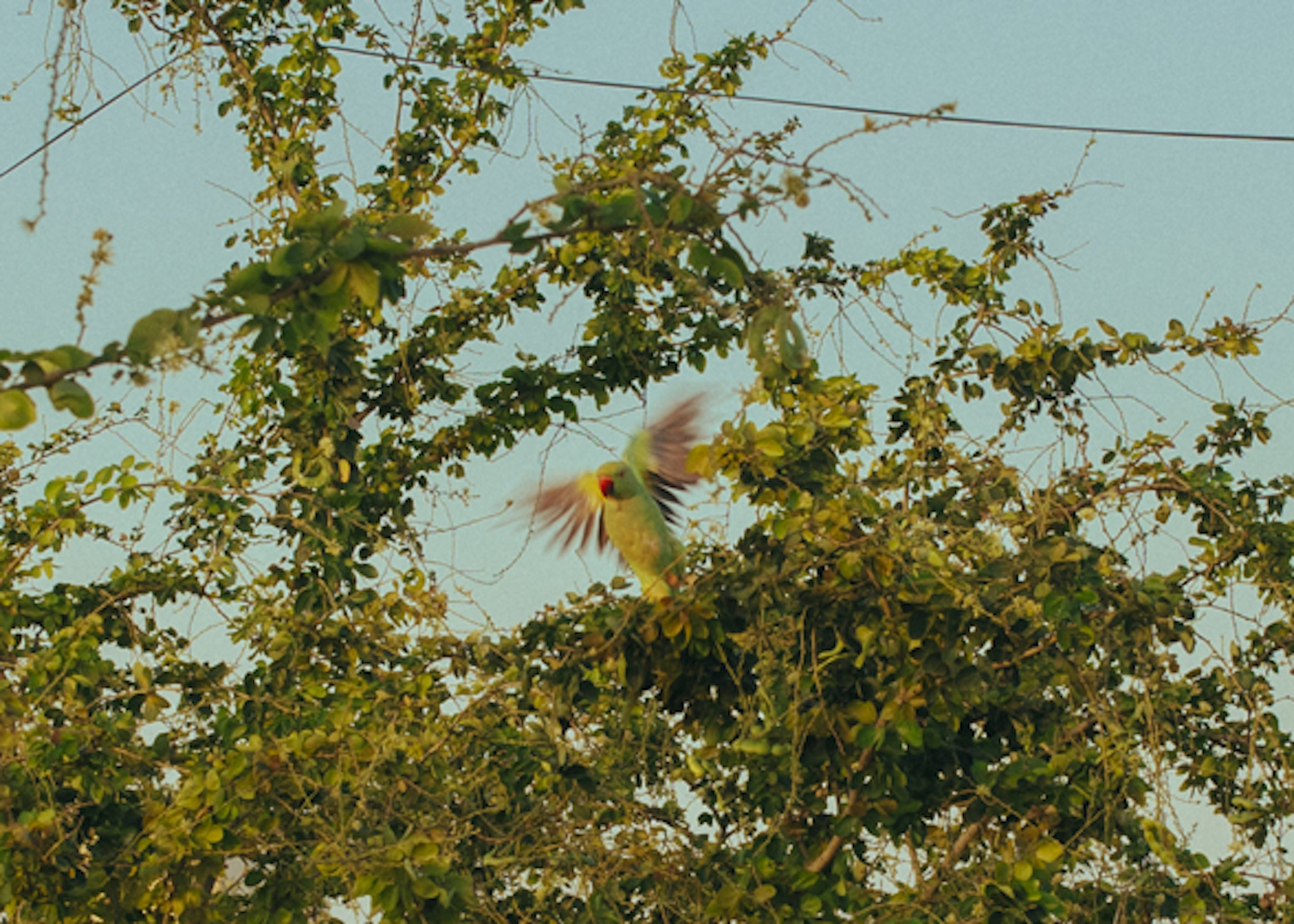
[2020 - ongoing]
I moved back to my childhood home and to my grandparents in Pune, India after over a decade, in March of this year, just in time for the largest lockdown in history to be implemented. This is a highly unusual way to process a homecoming.
Political tensions are high, but largely invisible. The daytime temperature often climbs up to 40C, creating a veritable pressure cooker of emotions. Both news and misinformation flow freely, creating an uncertainty. The pressure cooker is waiting to let off steam, and I worry that the whistle will blow prematurely.
Meanwhile, in the gated community we live in, my processing of memories has been frozen. The world feels very quiet. As elderly citizens (they are 89 and 90 years old) with pre-existing conditions, my grandparents are among the high risk group for COVID-19. Before the pandemic, they were mostly housebound and reliant on outside help — grocers delivering fresh produce, domestic help to cook, clean, and assist with daily tasks. Now with the lockdown, the situation is uncertain, and they are concerned for their own well-being.
During the weeks of the lockdown, I begin to feel the fragility of my grandparents, and of my childhood memories of them. The pandemic has made me look at them in a different light, and come to terms with their mortality. I think of all those who are staying away from their loved ones to protect them, and I feel lucky that I get to keep them close for now. This project comes from a place of trying to capture the fleetingness of the everyday.
The birds of my childhood have come back. After so many years, they seem to be the only memory that remains unchanged during the lockdown, and as I grapple with the ideas of coming home to a fragile family and country, I find myself spending much time on the balconies and in the small colony garden, documenting nature. They come to symbolise an anchor in an ungrounded time, their flight a promise of hope.
